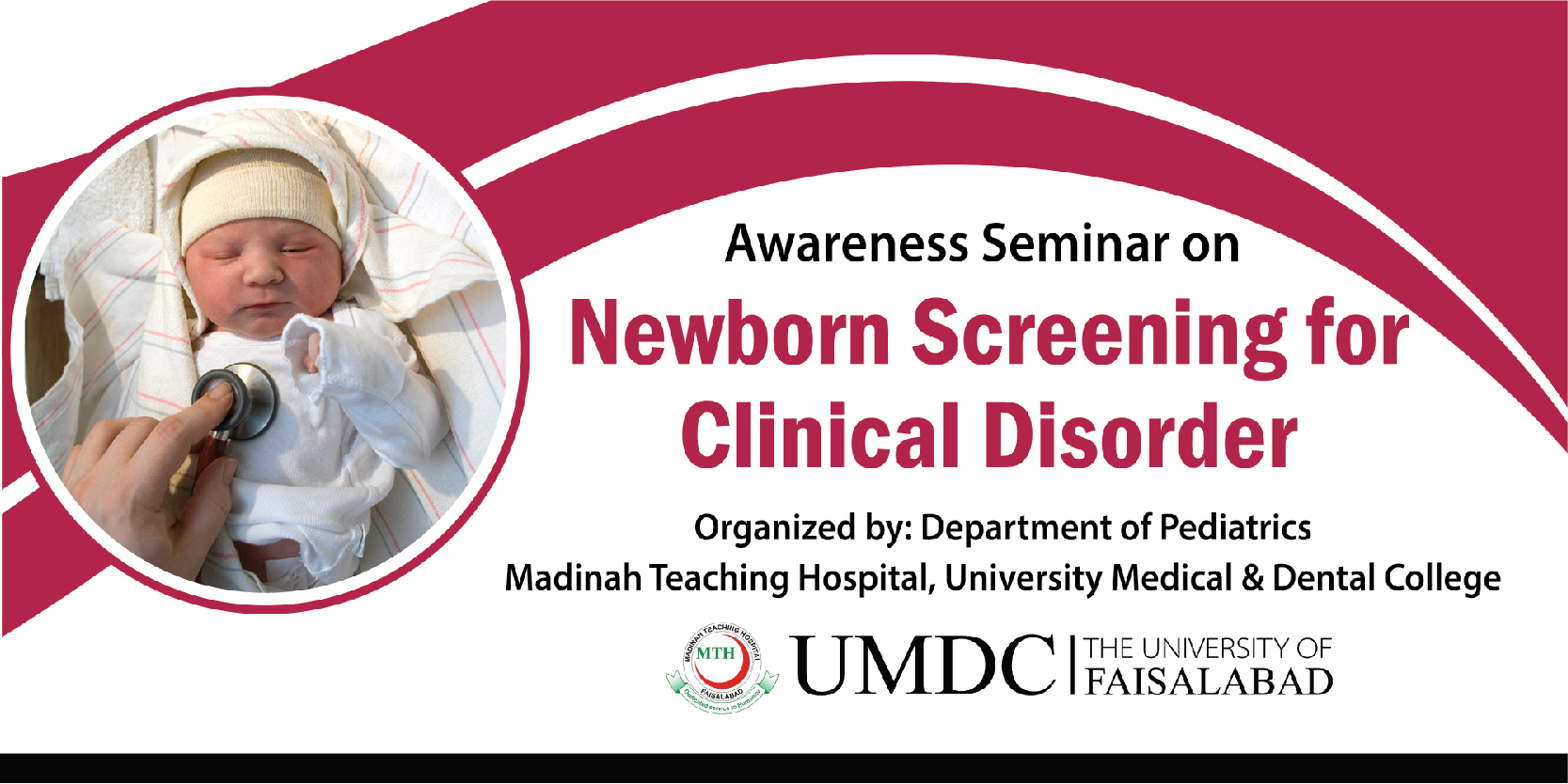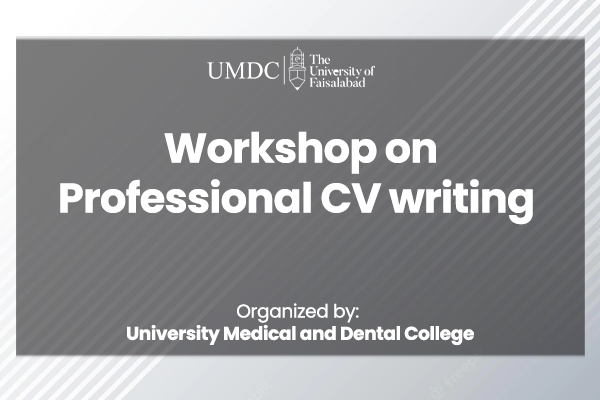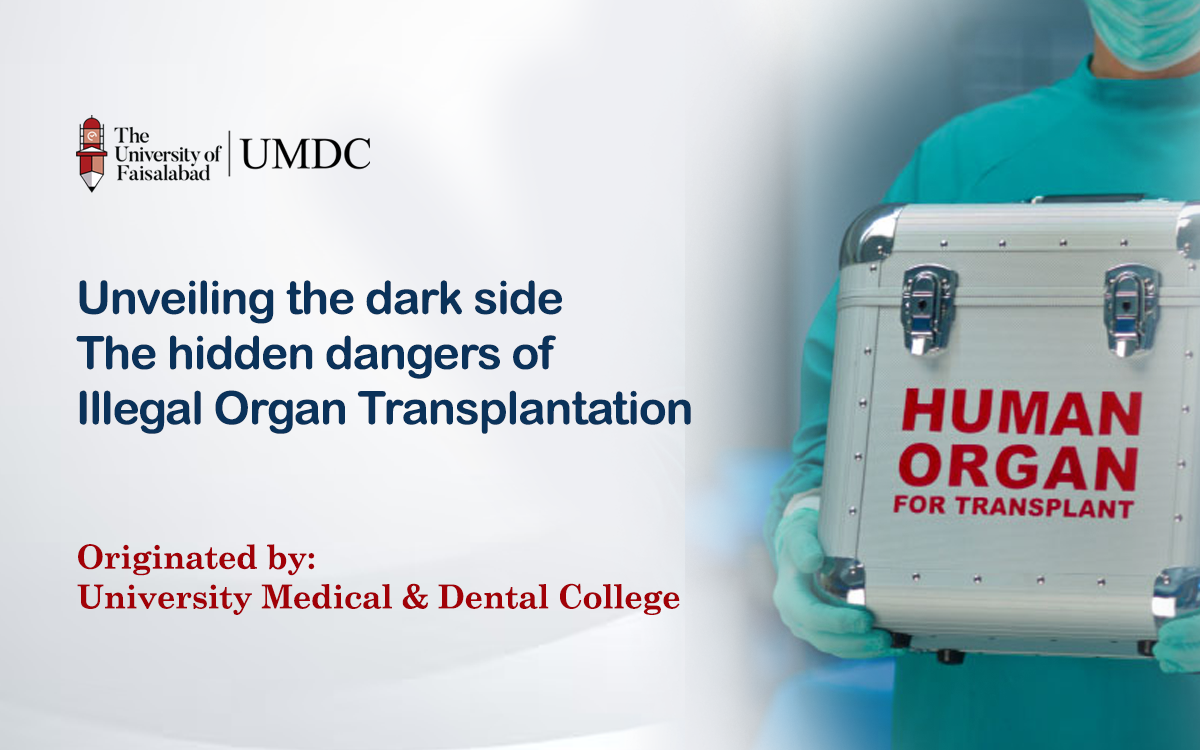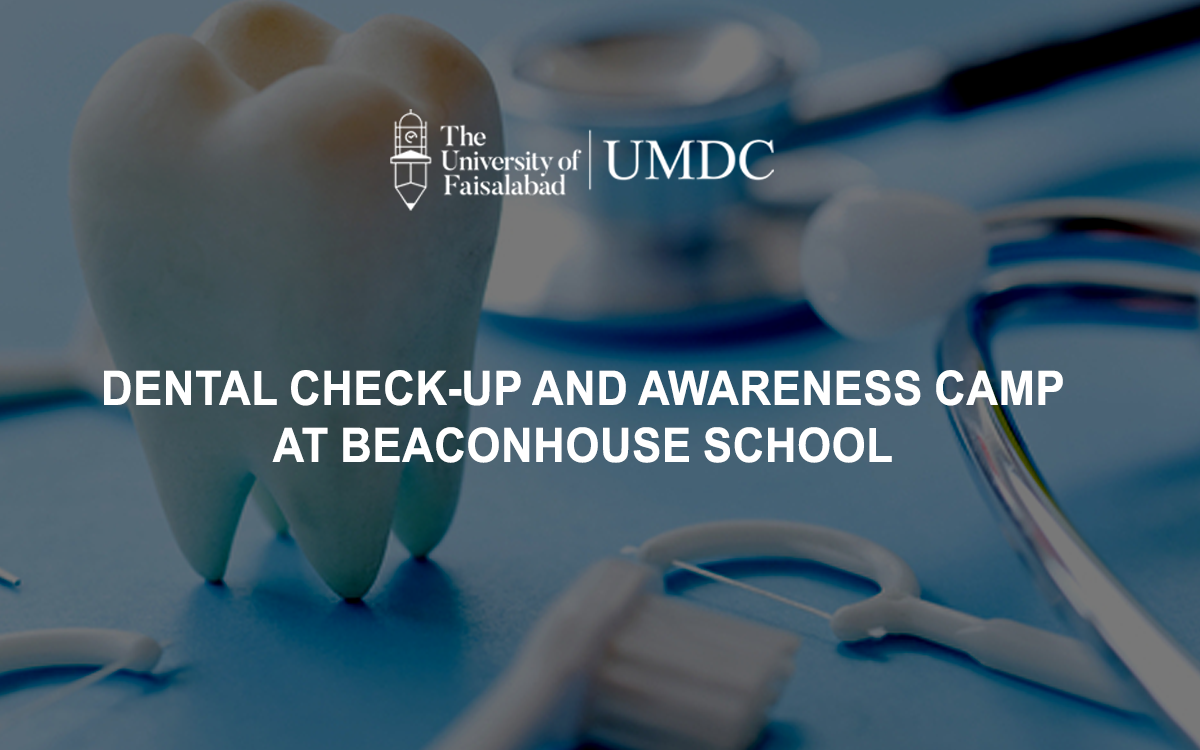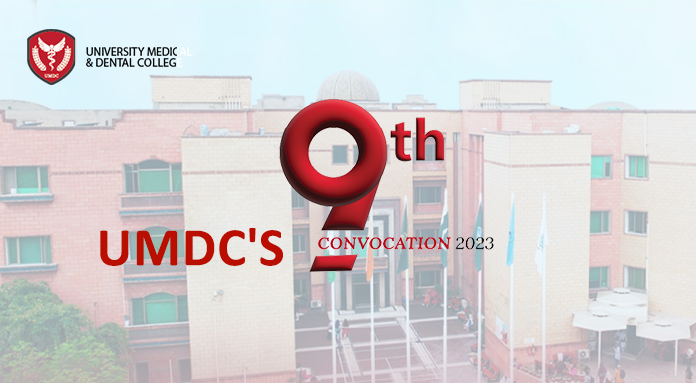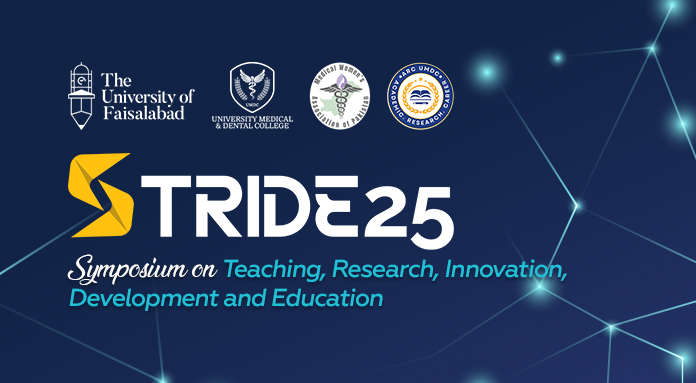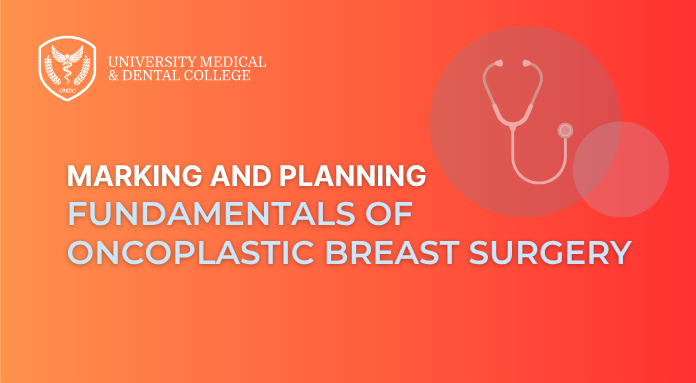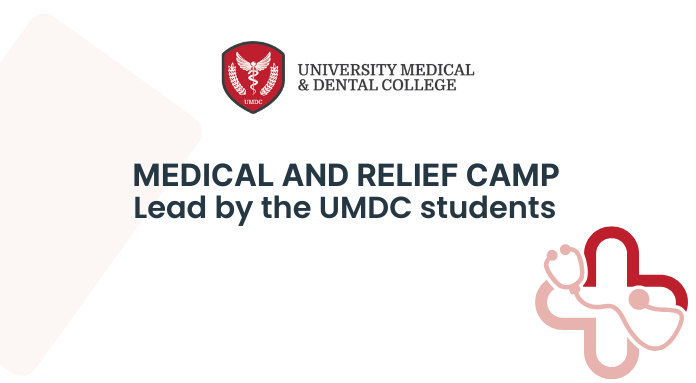Psychiatry is the branch of medicine focused on diagnosing, treating, and preventing mental, emotional, and behavioural disorders. These include various maladaptations related to mood, behaviour, cognition, and perceptions. Initial psychiatric assessment of a person typically begins with a case history and mental status examination. Physical examinations and psychological tests may be conducted. On occasion, neuroimaging or other neurophysiological techniques are used.
Psychiatry Department in Madinah Teaching Hospital (MTH) was started in 2009. Department of psychiatry in Madina Teaching Hospital provides many important services.
This discipline studies the operations of different organs and body systems as classified by the patient's subjective experiences and the objective physiology of the patient. Psychiatry treats mental disorders, which are conventionally divided into three very general categories: mental illnesses, severe learning disabilities, and personality disorders. While the focus of psychiatry has changed little over time, the diagnostic and treatment processes have evolved dramatically and continue to do so.
Treatment within the psychiatry department in Madina Teaching Hospital is conducted on an interdisciplinary basis, e.g., with mental health counsellors, nurses, psychologists, public health specialists, radiologists or social workers.
In Madina teaching hospital, the psychiatry department works as a team. Professor Dr Tariq Rashid heads the department, and we are also clinical psychologists. The combined treatment of psychiatric medication and psychotherapy has become the most common mode of psychiatric treatment in current practice, but contemporary practice also includes a wide variety of other modalities.
It has generally been considered a middle ground between neurology and psychology because psychiatry and neurology are deeply intertwined medical specialties, unlike other physicians and neurologists, psychiatrists specialize in the doctor-patient relationship and are trained to varying extents in the use of psychotherapy and other therapeutic communication techniques.
Psychiatrists also differ from psychologists in that they are physicians and have post-graduate training called residency (usually 4 to 5 years) in psychiatry; the quality and thoroughness of their graduate medical training is identical to that of all other physicians. Therefore, psychiatrists can counsel patients, prescribe medication, order laboratory tests, order neuroimaging, and conduct physical examinations.
A large number of psychiatric disorders have been identified. Common psychiatric disorders we see every day in our surrounding include:
- Depression
- Dissociative disorder
- Somatisation (MUS)
- Anxiety disorder
- Schizophrenia
- Personality disorder









